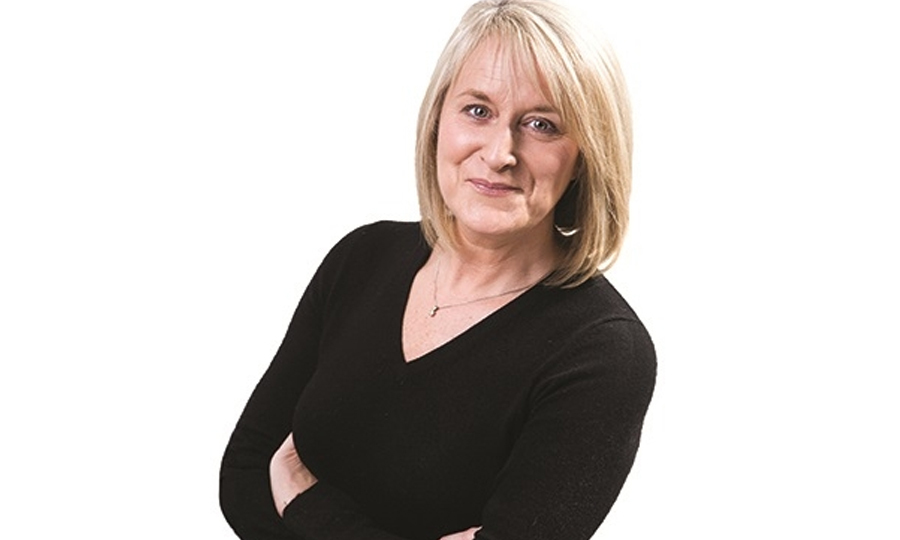
IT’S not often my professional life as a political journalist collides with my personal life as a menopausal woman but Brexit, like a panacea for every crisis, has provided that bridge.
Two weeks ago, a pharmacist handed me just half my repeat prescription of HRT because of “distribution issues” caused by the uncertainty of Brexit.
I then told this story at a menopause conference organised by the Scottish Women’s Convention and was overwhelmed with stories from other women about their own experience of “the change”. It was like a dam had been burst and women needed to spill.
They described how they had been ignored, rejected and humiliated by the medical establishment. Disregarded, overlooked and even dismissed in the workplace and left feeling isolated and alone – often by other women.
But amid the horror stories of menstrual flooding, hot flushes, night sweats, aches, pains and general brain fog, there was a real sense of enrichment, and there was empowerment in the retelling of lived experiences by and among other women.
It is that sense of sisterly solidarity that, over decades, has powered us to a place where gender inequality is more talked about in the past than in the present.
Enormous strides have been made by this Scottish Government in putting gender equality to the fore. The First Minister has been rightly honoured by the UN for her work in promoting parity. Period poverty is just one success on the road to breaking down the obstacles that can scar a woman’s progress.
And Scotland should rightly be proud that it will become the first country in the world to embed the teaching of lesbian, gay, bisexual, trans and intersex rights in the school curriculum, but where in our schools within the education of puberty, menstruation, and sex, does menopause figure?
This is important because it’s not that it’s been written out, it simply hasn’t been included in.
And while time has been spent on redefining who menstruates, to reflect the fact that transgender boys and men could still have periods, what thought has been given to young girls who become women whose periods stop and how their bodies and minds may change?
Last week, Scotland’s top civil servant, Leslie Evans, was accused of pro-transgender bias for tweeting a poster which urged people who identify as “cisgender” – i.e. the gender into which they were born – to recognise their privilege and entitlement.
Asked to comment on the use of the word “cisgender”, a government spokesperson explained that it used the term to avoid discrimination and instead of “pejorative” terms such as “biological woman or man”.
Since when has it been pejorative to call a woman a woman?
If ever there was a reason to truly champion the cause of women and the unique differences in their physiology that in later life leaves them open to some of the most invidious forms of discrimination and abuse, then it is the menopause.
And if there is an inherent bias against simply being called a woman, what does that mean in terms of recognising how productive life can be for women who are no longer reproductive?

Enjoy the convenience of having The Sunday Post delivered as a digital ePaper straight to your smartphone, tablet or computer.
Subscribe for only £5.49 a month and enjoy all the benefits of the printed paper as a digital replica.
Subscribe